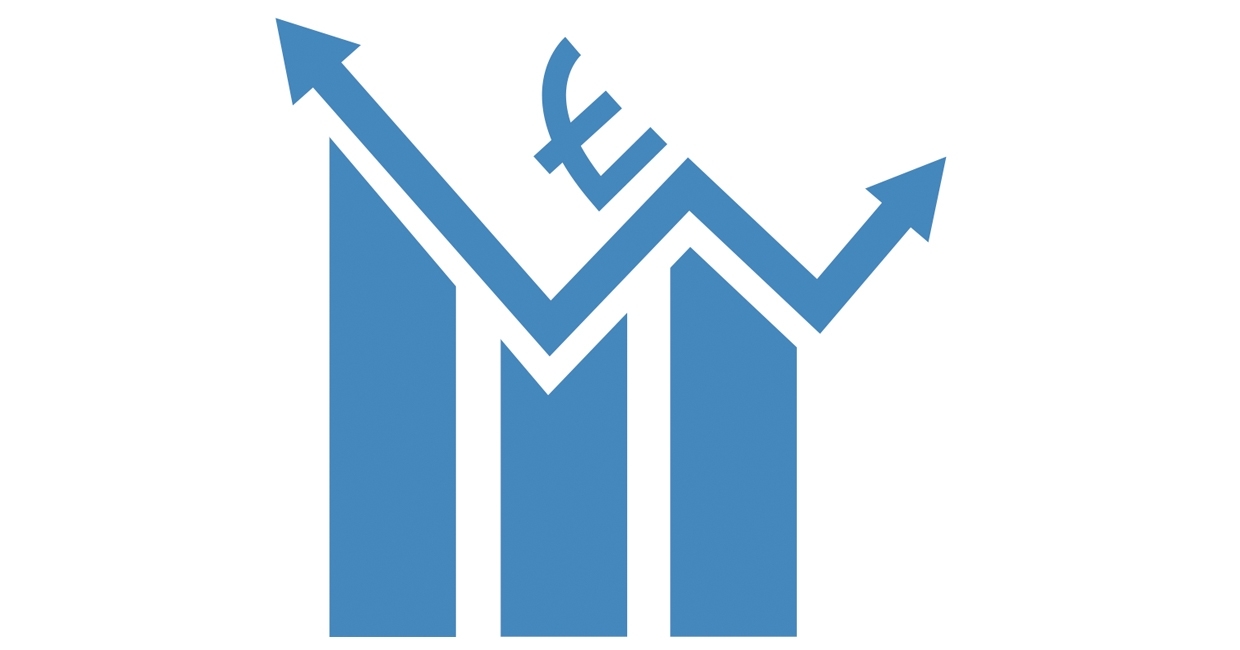According to the latest BRC-Nielsen IQ Shop Price Index, shop price annual inflation accelerated to 6.6% in October, up from 5.7% in September. This is above the three-month average rate of 5.5%, and marks another record for shop price inflation since this index started in 2005.
Non-food inflation accelerated to 4.1%, up from 3.3% in September.
Helen Dickinson OBE, chief executive of the British Retail Consortium (BRC), says: “It has been a difficult month for consumers who not only faced an increase in their energy bills, but also a more expensive shopping basket. Prices were pushed up because of the significant input cost pressures faced by retailers due to rising commodity and energy prices and a tight labour market. Even the price of basic items went up, with the price of the humble cuppa rising, as tea bags, milk and sugar all saw significant rises. While some supply chain costs are beginning to fall, this is more than offset by the cost of energy, meaning a difficult time ahead for retailers and households alike.
“With Christmas fast approaching, customers are looking for any sign of respite, but it is increasingly difficult for retailers to shoulder the ongoing supply chain pressures. The Government can support households by reducing the cost burden that prevents retailers from keeping prices down for their customers. Government must freeze business rates to prevent an additional £800m bill landing on the plates of retailers and in turn their customers in 2023.”
Mike Watkins, head of retailer and business insight, NielsenIQ, adds: “External factors are keeping shop price inflation at record highs and the challenging economic conditions are significantly impacting consumer confidence and retail spend. With pressure growing on discretionary spend across both non-food and food retail, delivering good value is the table stake in the battle for shopper loyalty over the next eight weeks.”







